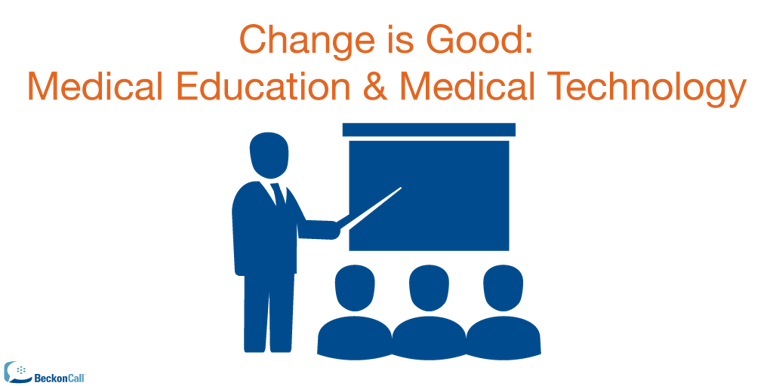5 Benefits of Moving Your Medical Practice's Technology to the Cloud
As we were drafting this post, Amazon’s S3 storage service went down for several hours. Even if you weren’t aware of exactly what was happening from a technical standpoint, you probably noticed services or websites that weren’t working on February 28. Amazon S3 underpins a lot of the internet so there was quite a bit of consternation when it decided to take a nap. The S3 service guarantees 99.9% uptime and, according to the TechCrunch article linked above, has been consistent outside of two notable events. Despite the high profile problem, Amazon and its competitors offer extremely reliable services. Therefore, that event certainly adds a new context to the topic of cloud-based storage, but doesn’t really change anything that follows. So here we go…
